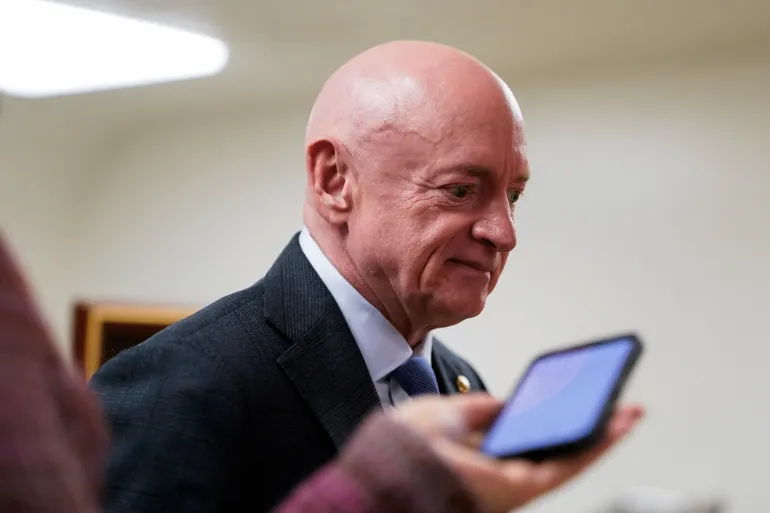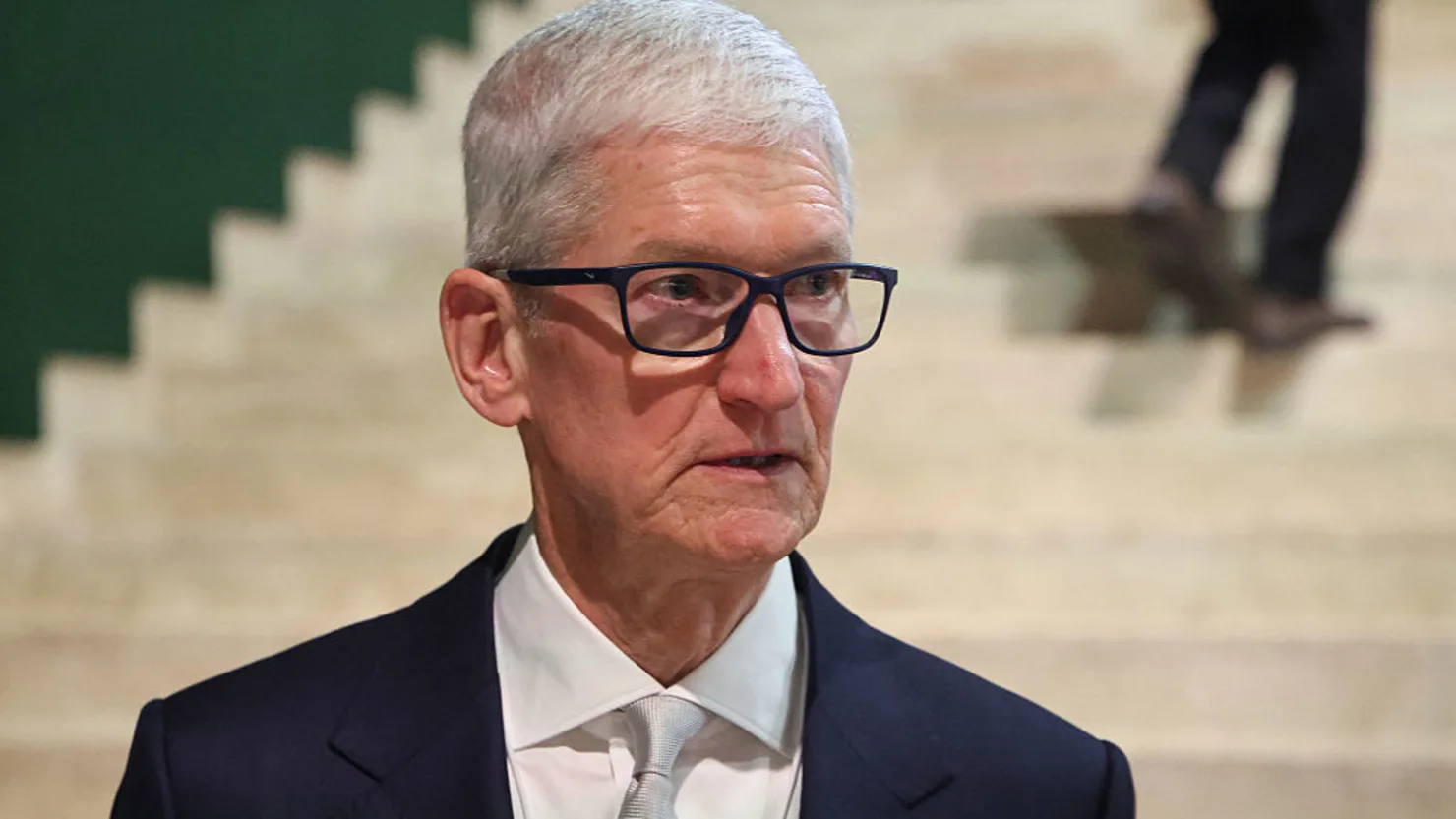Bloomberg and the Daily Mail contributed to this report.
Verizon is gearing up for the biggest round of layoffs in its history as its new CEO moves quickly to remake the struggling telecom giant.
According to people familiar with the plans, Verizon is preparing to cut roughly 10,000 to 15,000 jobs as early as next week — a huge chunk of its nearly 100,000-person workforce at the end of 2024. The cuts are part of a sweeping turnaround push led by Dan Schulman, the former PayPal and Virgin Mobile USA chief who took over as CEO last month.
Unionized workers, including those in a small number of retail stores, are expected to be spared. Most of the layoffs will hit non-union roles across the company.
At the same time, Verizon plans to convert about 200 company-owned stores into franchises, effectively shifting those employees off its books and into the hands of franchise owners.
The drastic move comes after a run of bad news for the country’s largest wireless carrier by subscribers.
Verizon has:
- Logged three straight quarters of postpaid mobile subscriber losses
- Admitted it lost 289,000 monthly wireless customers in Q1 alone — more than double the losses a year earlier
- Watched its stock trail rivals AT&T and T-Mobile, which kept leaning into aggressive promos while Verizon pulled back
The company has blamed some of the damage on its own pricing decisions. After years of heavy holiday and phone promos, Verizon scaled back discounts and raised rates — just as competitors stayed in full-on deal mode. Customers noticed, and many walked.
Schulman is inheriting that mess, and his message so far has been blunt: Verizon has to get leaner, faster, and more competitive.
“We have a tremendous amount of opportunity to be more efficient, to be scrappier,” he told investors after the company’s third-quarter results, adding that “cost reductions will be a way of life” going forward.
The exact number of job cuts is still being finalized, but insiders say the reduction will be company-wide and “significant.” Some key points:
- Estimated cuts: 10,000–15,000 employees
- Total workforce: ~100,000 at the end of 2024
- Who’s affected: Non-union staff across various divisions
- Who’s protected: Unionized workers, including some retail employees
- Retail shift: About 200 corporate stores will be converted to franchises
That franchise move is a big change in strategy. Instead of directly employing thousands of frontline workers, Verizon will rely more on franchise operators, who take on the payroll and day-to-day costs while still selling Verizon’s services under its brand.
For investors, that can look like efficiency. For employees, it can mean uncertainty — different benefits, pay structures, and far less security than working directly for a giant like Verizon.
Schulman wasn’t brought in to keep things steady. He replaced longtime CEO Hans Vestberg after:
- Two consecutive quarters of subscriber declines
- A long period of underperformance versus competitors
- Rising frustration from shareholders about Verizon’s lack of momentum in wireless and home internet
In his first big statement as CEO, Schulman promised to “aggressively transform our culture, our cost structure, and the financial profile of Verizon in order to put our customers first, compete effectively, and deliver sustainable returns for our shareholders.”
Translated: fewer layers, fewer costs, faster decisions — and no sacred cows.
The challenge is that Verizon’s problems aren’t just about costs. They’re about relevance.
T-Mobile has spent years branding itself as the “Un-carrier” and stealing market share with simpler plans and aggressive promos.
- AT&T has leaned into bundles, fiber, and content.
- Verizon, long seen as the premium network with the best coverage, is now struggling to justify higher prices in a world where rivals are closing the gap.
Cutting jobs can help the bottom line in the short term. Winning back customers is the much harder part.
For employees, especially those outside the union ranks, the next week is going to be tense. Verizon hasn’t publicly detailed which departments will be hit, but large cuts of this scale usually touch:
- Corporate and administrative roles
- Some tech, network, and support teams
- Retail and sales staff in stores being converted to franchises
For customers, nothing changes overnight. Your plan doesn’t suddenly vanish because of layoffs. But over time, big cuts and restructurings can show up as:
- Fewer company-owned stores and more franchised locations
- Changes in customer service quality
- Shifts in what’s prioritized: promos, network investments, or new products
Verizon is still huge. It still has a massive network, millions of loyal customers, and deep cash flow. But it’s also in a real fight — with competitors, with shifting consumer expectations, and with the consequences of its own past decisions.
Dan Schulman is betting that a shock to the system — deep cuts, a leaner structure, and a renewed focus on customers — can reset the company’s trajectory.
For the 10,000 to 15,000 people who may lose their jobs, it will feel less like a strategic pivot and more like a gut punch. For everyone else watching, it’s a clear signal: the era of quiet, incremental tweaks at Verizon is over.










The latest news in your social feeds
Subscribe to our social media platforms to stay tuned